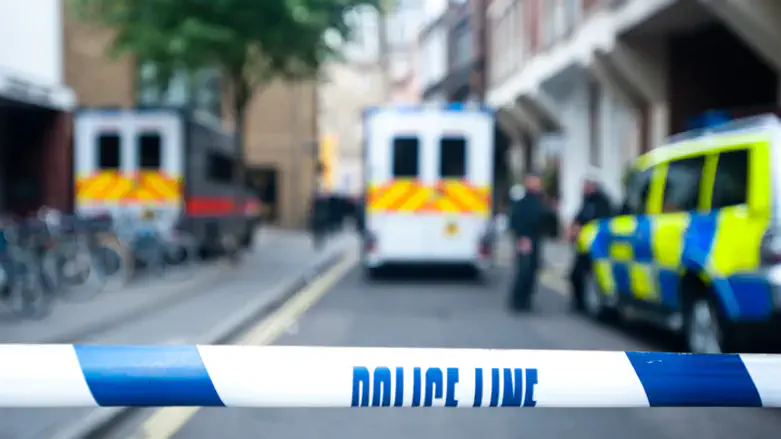
Three men attempted to kidnap an Israeli record producer at a remote cottage, driven by political, religious, and financial motivations, a court was told.
According to BBC, the defendants posed as representatives of Polydor Records to target Itay Kashti, motivated by his Israeli background. Mr. Kashti likened the assault to his "own personal October 7th," referencing the deadly Hamas attack on Israel in 2023.
Mohammad Comrie, 23, from Leeds, Faiz Shah, 23, from Bradford, and Elijah Ogunnubi-Sime, 20, from Wallington, London, pleaded guilty to kidnapping. They each received sentences of eight years and one month, with Shah and Comrie facing jail, and Ogunnubi-Sime sent to a young offender institution.
The kidnappers created a "shopping list" for the plot, which included items like face masks, gloves, a gag, rental cars, and a suitable location. Judge Catherine Richards described the list as "chilling" and noted it was clearly designed to instill fear.
"Mr Kashti was targeted due to his Jewish heritage," with the kidnappers "motivated by events taking place elsewhere in the world," the judge added. "He was an entirely innocent, hard-working music producer that you had identified as a victim based on your understanding of his wealth and his Jewish heritage," she said.
On August 14, 2024, Mr. Kashti received an email from someone claiming to be Lucas Winslow from Polydor, inviting him to a "music recording camp" in rural Wales. Prosecutor Craig Jones described the scheme as carefully planned, with the kidnappers discussing it in great detail over the Telegram app.
The men brought handcuffs, cable ties, and attempted to acquire ketamine to drug Mr. Kashti. They hoped to extort money, believing him to be wealthy, but the plot also had political and religious undertones due to his Israeli background. One conversation revealed: "All three of us have complete 100% faith in Allah, so we can't fail."
They also discussed using cryptocurrency to launder any ransom money and planned escape routes.
The defendants rented the Gatehouse property under a stolen identity and arranged a taxi to pick up Mr. Kashti from London. On arrival, both Mr. Kashti and the taxi driver, Mohammad Amowar, realized they had fallen into a trap. Mr. Kashti was immediately attacked by the three men, who wore face masks. Mr. Amowar was struck in the face but managed to flee.
Mr. Kashti was beaten, suffering facial and head injuries, and was handcuffed to a radiator. The kidnappers threatened to kill him if he tried to escape. However, Mr. Kashti managed to free himself, ran out of the cottage still handcuffed, and hid in nearby bushes, where he called his wife, who contacted the police.
The kidnappers fled but were caught later that evening hiding in a nearby field. Police found an air pistol and bleach at the cottage.
In his victim impact statement, Mr. Kashti expressed feelings of "shock and fear" and reflected on the trauma of his Jewish ancestors during the Holocaust. He now suffers from anxiety and feels unsafe.
Lawyers for the defendants argued that the plot was poorly executed. Balbir Singh, representing Shah, said the plan went wrong immediately, and Shah expressed remorse. Roderick Jones, representing Comrie, admitted the scheme was amateurish and Comrie felt genuine regret. Waheed Barber, defending Ogunnubi-Sime, described him as a "redeemable character."
Michael Cray from the Crown Prosecution Service praised the victims for their support during the prosecution, emphasizing how terrifying the ordeal was for them.
